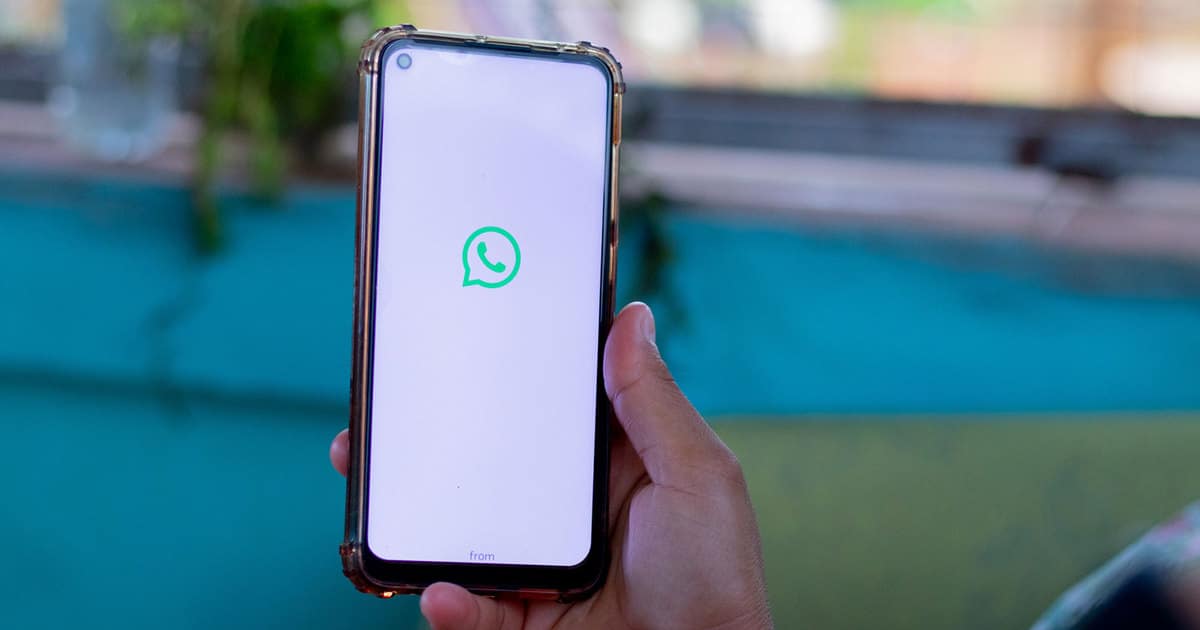
WhatsApp has launched a feature to protect chats with a password or biometrics, allowing users to hide chats from the app’s home screen and move them to a secure folder. Protected chat also contains automatically hidden notifications.
Soon, the app will allow users to set a unique password or biometrics for each chat.

How to configure the new job
This measure is important to ensure the privacy of conversations, especially in a world where messaging has become a part of our daily lives. To protect your chats, just follow a few simple steps:
- Open WhatsApp
- Find the contact or group you want to protect
- Click on “View Contact”
- Select the hidden conversations option (or lock chat)
- Choose the type of lock you prefer, using biometrics or password
- Finally, you only need to confirm protection by entering your password or using your biometrics.
Thus, with this feature, users can be more relaxed about the privacy of their chats in the app, and soon it will be possible to set a unique password or biometrics for each chat, making it easier to protect information.
Therefore, this is an important measure to ensure the privacy and security of information shared on WhatsApp, especially in times when privacy is becoming an increasingly important concern.
See also: 6 tips to know if someone blocked you from WhatsApp
Tips for creating a strong WhatsApp password
Creating strong passwords is crucial to protecting your personal information and preventing hackers or other malicious people from accessing your accounts. Here are some tips on how to create strong passwords:
Length: Use passwords of at least 12 characters. That is, the longer the password, the more difficult it will be for anyone to guess it.
complication: To create secure passwords, it is recommended to use a combination of uppercase and lowercase letters, numbers, and special characters. Therefore, it is important to avoid using common words or obvious sequences such as “123456” or “password”.
diverseUse different passwords for each of your accounts. Therefore, do not use the same password on multiple accounts, as if a hacker finds out the password for one account, he will have access to all other accounts that share the same password.
Avoid personal informationDo not use obvious personal information, such as your name, date of birth, or contact information, as part of your password.
Use phrasesA useful technique for creating strong passwords is to use random phrases rather than single words. For example, “I like swimming in clear waters” could be changed to “[email protected]@[email protected]@s!”.
Use password managers: Consider using a password manager to generate and store your passwords. They can generate strong, unique passwords for each account you have, and make it easier to sign in.
Remember that creating strong passwords is an important step in protecting your personal information. Combining these tips can help you create passwords that are both secure and hard to guess.
See also: Password on WhatsApp Web? Learn how to put more security in your conversations
Password management tips
Password managers are useful tools for protecting your personal information by creating and storing secure, unique passwords for each account. So here are three password management tips:
- LastPassIt has more than 13 million users worldwide. Thus, it allows you to generate unique passwords, store login information, and automatically fill web forms. It also provides two-factor authentication to further protect your information.
- Dashlan: the popular password manager that provides advanced features such as auto-fill forms, sync across devices, and security breach alerts. It also includes a built-in VPN to secure your web browsing.
- 1 password: 1Password is an award-winning password manager that offers an intuitive and easy-to-use interface. It allows you to generate unique and secure passwords, save login information, and auto-fill forms. It also includes advanced features such as two-factor authentication and security breach alerts.

“Web geek. Wannabe thinker. Reader. Freelance travel evangelist. Pop culture aficionado. Certified music scholar.”






